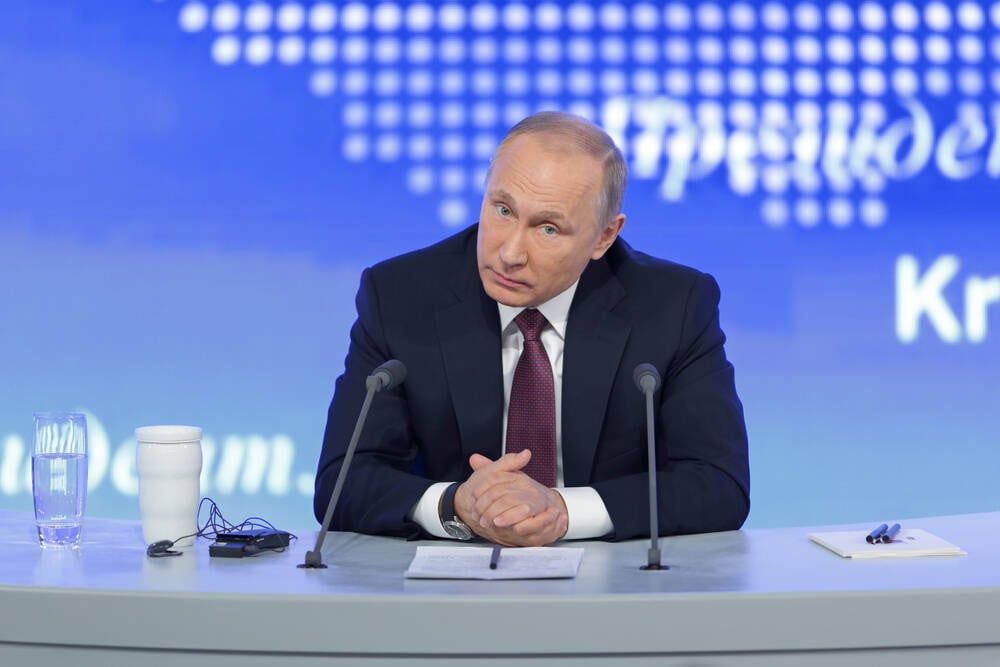Browser maker decided not to follow Putin’s orders. Well done
Only after it caused a PR flap for them, though
Not really honestly. I think their concerns were valid until they investigated.
Everyone thinks it’s easy to ignore legal demands. But there is a reason why most abuse isn’t reported to police.
I believe their story honestly
Yeah that’s a fair point, although it’s still a bit… well, funny (not “funny ha ha”) that they even temporarily blocked those extensions. Not sure what Roskomnadzor could have done if Mozilla had refused even a temporary block, at least assuming the foundation doesn’t have any legal entities in Russia which they may well have
Even if there is no legal entities in Russia though, they might have remote workers
Weren’t they afraid for their workers in the country ?
Taking time to assess the consequences before making a rash decision seems legit to me…
My guess is that they complied long enough to get their people the F^€k out of Russia.
This is the best summary I could come up with:
The browser extensions, which are hosted on the Mozilla store, were made unavailable in the Land of Putin on or around June 8 after a request by the Russian government and its internet censorship agency, Roskomnadzor.
Among those extensions were three pieces of code that were explicitly designed to circumvent state censorship – including a VPN and Censor Tracker, a multi-purpose add-on that allowed users to see what websites shared user data, and a tool to access Tor websites.
It turns out wasn’t mere PR fluff, as Mozilla tells The Register that the ban has now been lifted.
“In alignment with our commitment to an open and accessible internet, Mozilla will reinstate previously restricted listings in Russia,” the group declared.
"Our initial decision to temporarily restrict these listings was made while we considered the regulatory environment in Russia and the potential risk to our community and staff.
“We remain committed to supporting our users in Russia and worldwide and will continue to advocate for an open and accessible internet for all.”
The original article contains 328 words, the summary contains 171 words. Saved 48%. I’m a bot and I’m open source!




